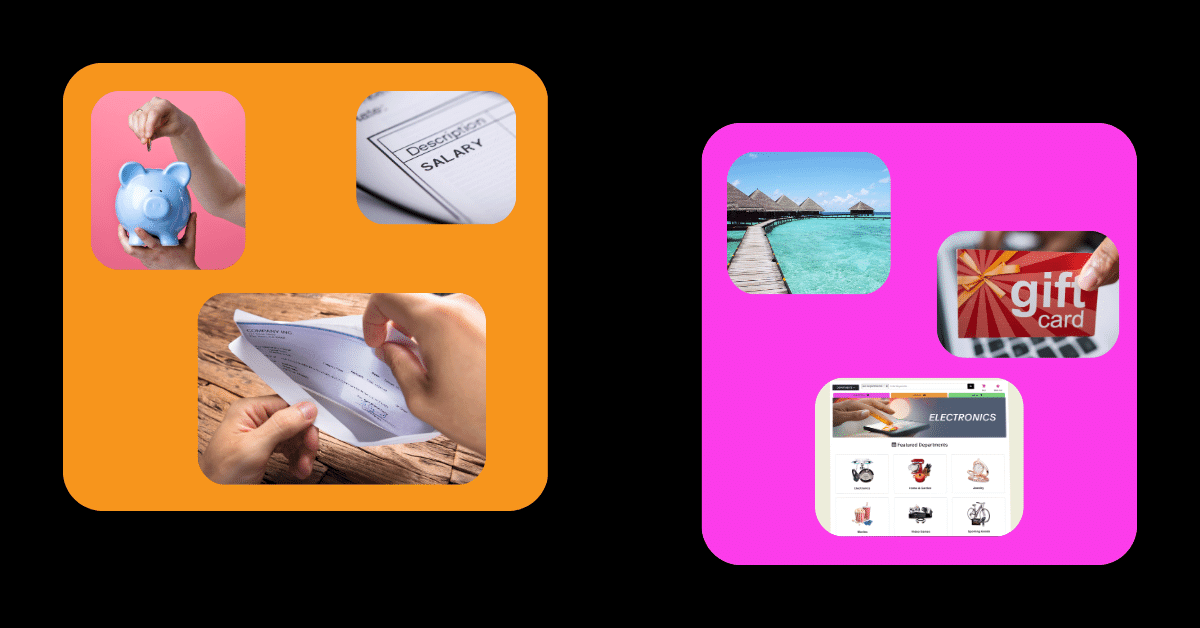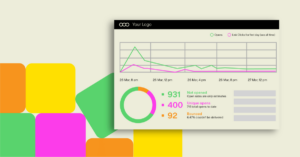From construction to manufacturing to energy distribution, every company wants to increase sales. The question is, What’s the best way to motivate your sales team in order to make that happen? According to our weekly Bombora report, last week 15.7% of U.S. companies with more than 1,000 employees spent time researching incentives for sales reps. It turns out these companies are on the right track.
One of our most popular blog posts of all time – “What’s the Difference Between Commission and Incentives?” – deals with the topic of motivating salespeople. Specifically, which is more effective, incentives or commissions. So we decided to release a SparksNotes version.
Commission vs. Incentives for Sales Reps: An Infographic
If a picture’s worth a thousand words, how many words is an infographic worth? Check out our latest infographic to see a side-by-side comparison between commission and incentives for sales reps.
![Infographic - Commission vs Incentives for Sales Reps Commission vs Incentives for Sales Reps [Infographic]](https://extu.com/wp-content/uploads/2024/03/Infographic-Commission-vs-Incentives-for-Sales-Reps-scaled.jpg)
Commission and Incentives Definition
In order to understand the difference between commission and incentives for sales reps, it’s important to understand what these terms mean.
- Commission – An income payment based on a percentage of a product or service sold – usually paid in cash.
- Incentives – The use of rewards, recognition or discounts to motivate someone to achieve a specific outcome.
Understanding the Effects of Incentives for Sales Reps
In other words, commission is compensation for past actions (salespeople feel entitled to it). Incentives are inspiration to go above and beyond (salespeople feel excited by it). Additionally, commission is usually figured into ‘baseline pay’ – it goes towards bills, car payments, and other things that aren’t fun or memorable. Incentives, on the other hand, such as handpicked online rewards or an unforgettable incentive travel experience, are fun, exciting, and stay top-of-mind longer. Even for a debit card incentive program, where the reward has a more obvious financial value, the reward is still seen as a ‘bonus.’ It’s seen as something extra and is more likely to be redeemed towards something fun and memorable that a sales rep really wants.
It’s because of these factors that incentives for sales reps are actually more effective than commission, resulting in stronger, longer-lasting changes in performance. (You can read more on that topic here).
Additionally, commission, by itself, can result in unintended consequences that are bad for your brand. While commission pressures sales reps, incentives inspire them. Here’s a quick breakdown of what that behavioral difference might look like:
Breakdown of Behavioral Differences of Commission vs Incentives
| Commission | Incentives |
|---|
| Focusing on prospects instead of clients. Chasing only the hottest leads. Cutting corners. Getting a little too pushy. Prioritizing self-interest. Jumping ship for better offers. | Upholding company values. Providing client follow-up. Improving response times. Investing in product knowledge. Collaborating with coworkers. Feeling a sense of belonging. |
Conclusion
Commission isn’t going anywhere. It will probably always be a necessary part of most sales structures. But, if you’re looking to take your organization to the next level, is commission going to be enough? The increasing commission will just result in a temporary improvement until reps get used to their new compensation and begin to return back to baseline.
If you’re serious about growth, we encourage you to explore implementing a sales incentive program. And, when you’re ready, give us a call!



